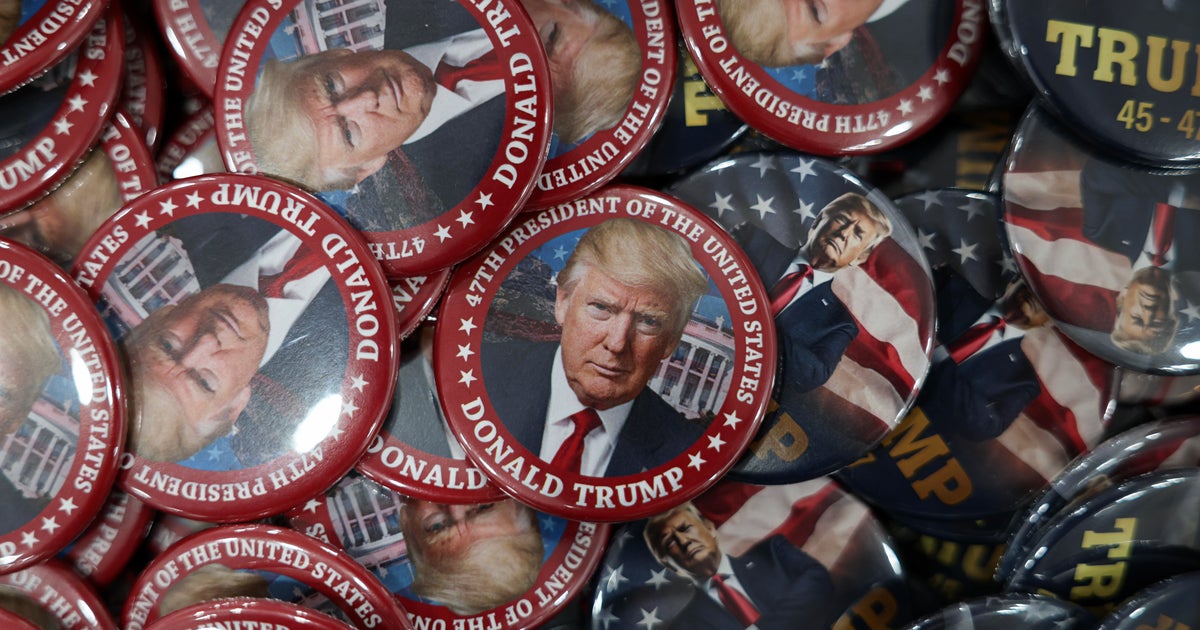The Federal Trade Commission’s effort to stop Tapestry’s Inc. $8.5 billion acquisition of Capri Holdings is going to define exactly what an “accessible luxury” handbag is — but not yet.
Judge Jennifer Rochon, who’s overseeing the case in Manhattan federal court, nixed Tapestry’s request to force the government to disclose its definition of the market now given the expedited court schedule for the matter.
Instead, the judge ruled the parameters of the market — which the FTC has argued Tapestry would dominate if the deal went through — can be officially determined in the normal course of the case’s discovery process.
Tapestry’s attorney, Al Pfeiffer of Latham & Watkins, argued in the video conference that: “This is not a semantic or hyper-technical exercise here. The level of vagueness that the FTC is engaging in is hampering our ability, the party’s ability to defend ourselves.
“We don’t know the most basic things about how they’re framing the market, much less precisely defining it. Is it defined by some price range? Is it defined in terms of some specific set of brands of competitors?”
But Rochon ruled that Tapestry had not reached the legal standard to force the government’s hand, noting that the lawsuit is “not so unintelligible or unclear that defendants lack sufficient notice of the allegations made against them.”
Tapestry and Capri, which both had lawyers participating, did get a little more clarity out of the hearing, though.
FTC attorney Abby Dennis cited the Merriam-Webster definition of a handbag as a bag “held in the hand or hung from a shoulder strap and used for carrying small personal articles and money.”
And when pressed by the judge, Dennis said that a duffel bag would not meet the definition, but that she believed bags intended for both men and women would.
Rochon also asked if the FTC’s definition of the market was based on competitors, pricing, customers, craftsmanship of some combination of those attributes. Dennis said it was a combination.
“I hope that the parties can have a more constructive dialogue,” Rochon said, noting the FTC would be clarifying whether or not men’s products were included.
“These seem to be straightforward things that the parties should be discussing at the outset of discovery,” she said.
The FTC’s suit to block the Tapestry-Capri deal is the first major challenge to a fashion acquisition in more than a generation.
And even if Tapestry prevails and is able to bring its Coach, Kate Spade and Stuart Weitzman brands together with Capri’s Michael Kors, Versace and Jimmy Choo, the FTC’s challenge is already impacting the market. Dealmakers, who have rarely faced anti-trust concerns in the past, now have to view every transaction through the lens of Washington and wonder if their buyout will pass muster.







